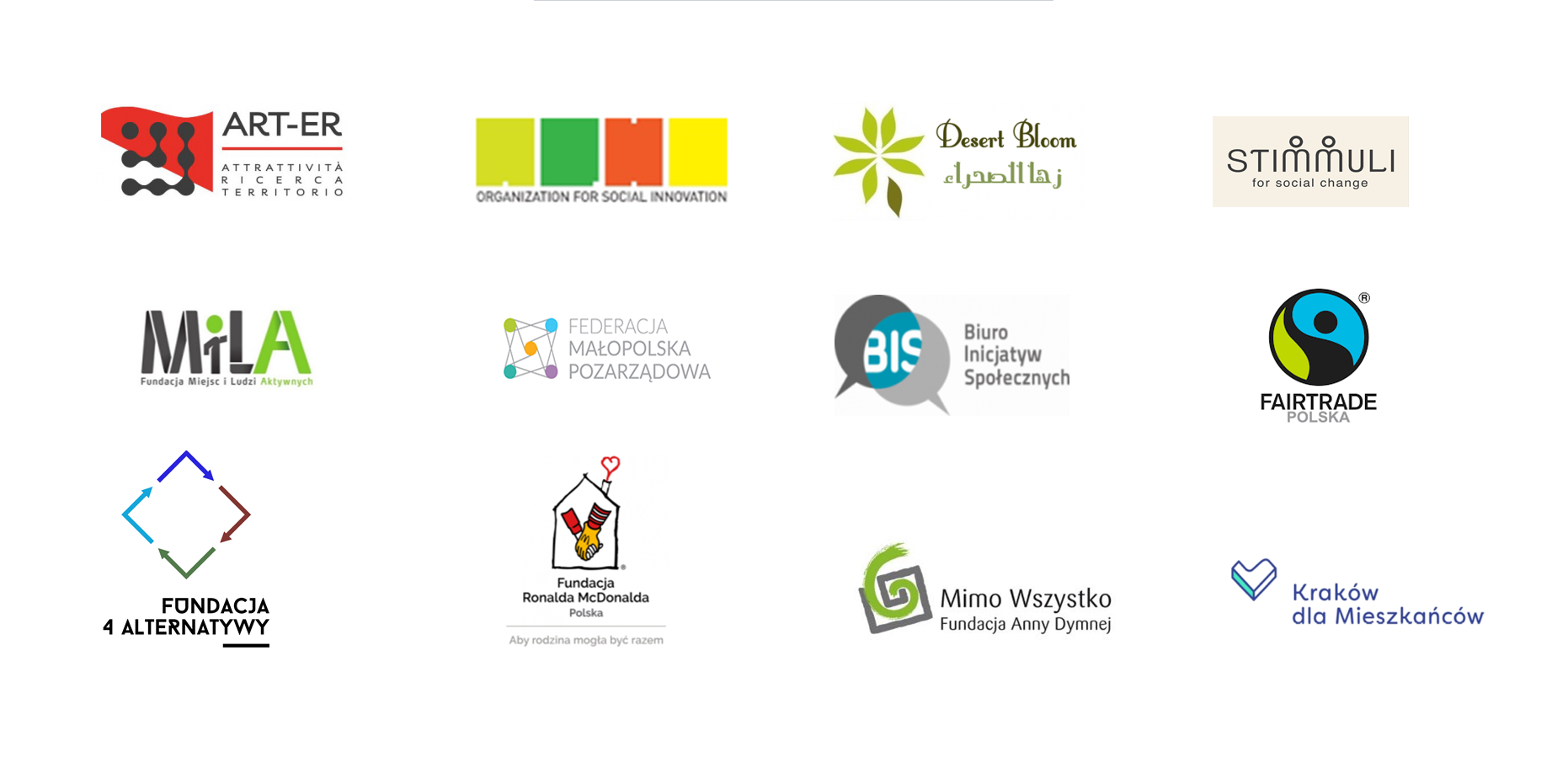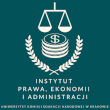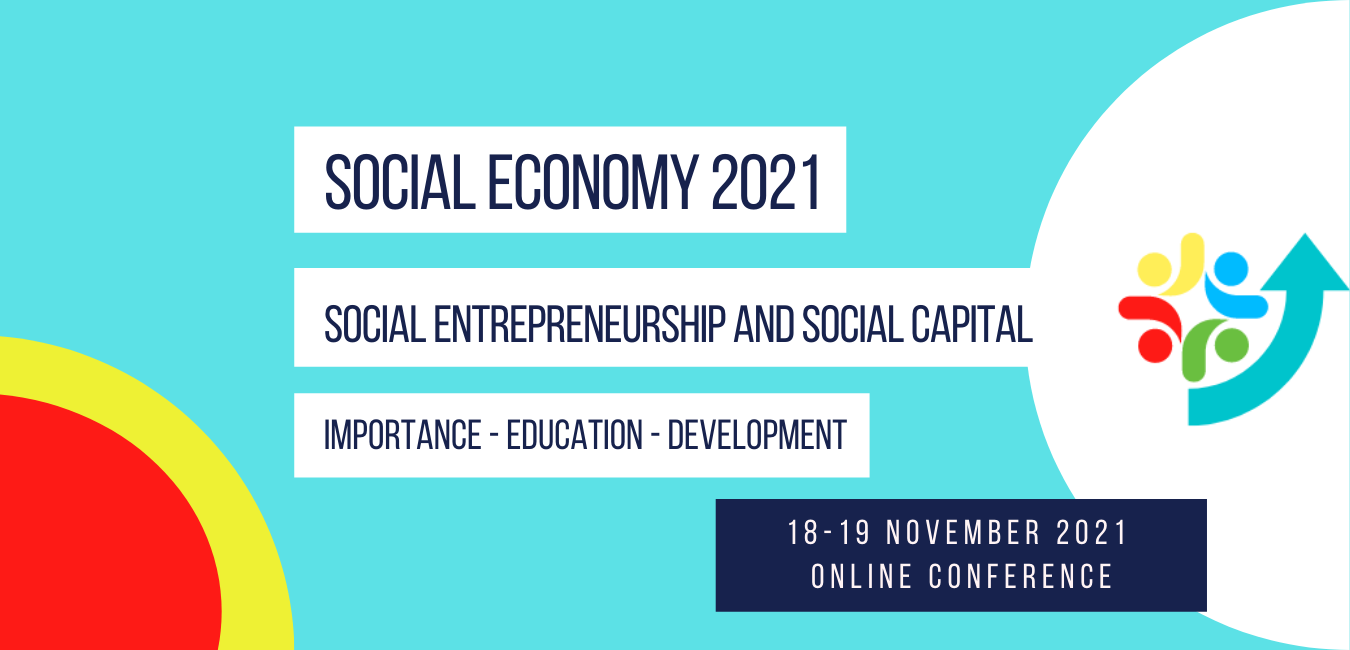
Thomas Gold, Ph.D. - New York University
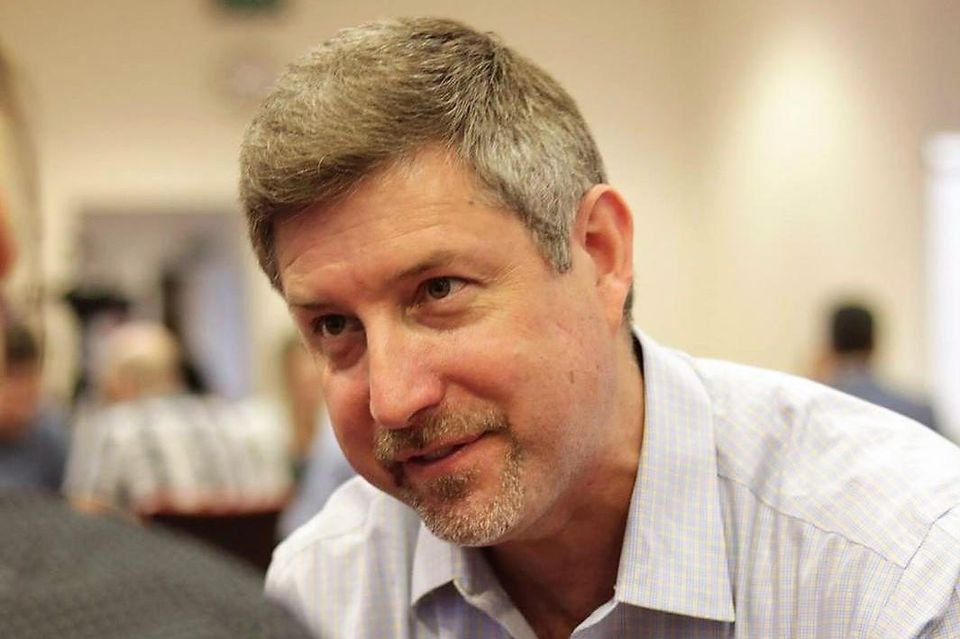
Thomas Gold, Ph.D., New York University
Thomas Gold, Ph.D. is an Adjunct Associate Professor of Education Studies at New York University (NYU) and an Education Evaluation Consultant. For the past 20 years, Dr. Gold has held leadership positions at the New York City Department of Education, NYU, Sacred Heart University and the Network For Teaching Entrepreneurship (NFTE). In his consulting work, Dr. Gold supports the work of nongovernmental organizations by using rigorous methods to demonstrate their impact and develop processes of continuous improvement. He is also an advisor for RebelBase, an education technology company that is being used in universities globally to help students create startups addressing social issues from climate change to affordable housing. Dr. Gold received his BA from NYU and his Ph.D. in Political Science from the New School for Social Research. A former Fulbright Fellow, his work has been profiled in Forbes magazine and the Entrepreneurial Mindset by Kyle Garman.
Fred K.T. KU, Ph.D. - Chinese University of Hong Kong (CUHK) Business School, Hong Kong

Fred K.T. KU, Ph.D., Chinese University of Hong Kong (CUHK) Business School
Dr. Fred Ku, Assistant Dean and Senior Lecturer, Chinese University of Hong Kong (CUHK) Business School, Hong Kong
Project Leader of Business Education for Social Good (BESGO), CUHK
Dr. Ku is a believer and advocate of creating shared value. He has been collaborating with the private sector and international partners to bring the idea of social good into business education. He’s the Project Leader of CUHK Business Education for Social Good (BESGO) Programme, which aims to nurture future business talents who embrace social innovation and shared value.
Trained as an economist, Dr. Fred Ku teaches economics and business analytics courses for Master and UG programs in Hong Kong and Japan. He is the co-author of Interpreting Macroeconomic Terms and serves as project consultants for the Education Bureau, Trade and Industry Department of Hong Kong Government and other private enterprises.
As a pioneering and dedicated educator, he produced more than 10 video teaching cases and a business simulation game. He’s also the leader of several e-learning research projects. His prominent contribution to teaching and learning has been recognised by the CUHK Vice-Chancellor’s Exemplary Teaching Award (2013 and 2019) and eLearning Forum Asia 2020 Award.
He is a columnist and a speaker of Everyday Economics, a popular podcast in Hong Kong, where he shares insights from the latest economic, business and social innovation research.
Dr. Ku received his PhD in Economics from the Hong Kong University of Science and Technology (HKUST).
Objectives and topics of the conference
Objectives of the conference
Social entrepreneurship is a key element of the social economy. Its function is not only the production of specific goods and services, but also the mobilization of social capital and expansion of the market by including people who have been excluded so far. Social enterprises have a great ability to innovatively respond to the current economic, social and environmental challenges by creating sustainable jobs, promoting social inclusion, and improving local social services. It is also visible now, when many social economy entities, despite unfavorable phenomena, have taken steps to counteract the effects of COVID-19 in local communities. Therefore, social entrepreneurship can be very important for socio-economic development. In this regard, education plays an important role, promoting social entrepreneurship in collective social awareness and shaping pro-social attitudes, as well as other possible actions taken towards its development.
The development of social entrepreneurship also means hope for the development of social capital, the level of which in Poland is exceptionally low. Social capital is of great importance in the development of the social economy. It can be its product, but also a condition for its development. The deficit of social capital, manifesting itself in such elements as trust, ties, standards of cooperation, is the basic limitation of the development of social entrepreneurship. For the development of social economy entities, it is also necessary to professionalize their activities, in the business sphere, by strengthening their human capital. And here also the importance and role of education in increasing social capital and developing appropriate social and professional competences cannot be overestimated. Other opportunities for the development of social capital are also important.
The international scientific conference "Social Economy 2021. Social Entrepreneurship and Social Capital: Importance - Education - Development" is another edition of the conference organized annually by the Department of Economics and Economic Policy and the Department of Entrepreneurship and Social Innovation of the Pedagogical University of Cracow in cooperation with national and foreign scientific institutions. The main goals of the conference are:
1️⃣ exchange of thoughts on the importance of social entrepreneurship in the modern economy, education in this area and its development, creating opportunities to exchange knowledge about the role of education in the development of social entrepreneurship, providing inspiring examples of teaching methods that shape pro-social attitudes, especially among young people; presenting the role of new technologies in the development of social entrepreneurship; analyze contemporary theoretical and empirical problems related to these issues;
2️⃣disseminating the results of research on the importance of social capital and education in this area, creating opportunities to exchange knowledge about the role of education in the development of social capital and the conditions and methods of its development in Poland and around the world, and its impact on the local community; presenting the role of new technologies in the development of social capital;
3️⃣ enabling the exchange of knowledge and experience in the field of the social economy, with particular emphasis on social entrepreneurship and social capital - their importance, education and development, between participants representing various industries and environments: scientists, entrepreneurs, representatives of governments and non-governmental organizations, representatives of local communities, as well as young researchers and students.
Conference topics:
➡️ Social economy and its development in Poland and in the world,
➡️ Awareness of the social economy importance in the economy,
➡️ Changes and challenges for the social economy sector in COVID-19 and after pandemic,
➡️ Social innovations and their impact on the integration of people with fewer opportunities,
➡️ Social entrepreneurship - its importance in the economy and society,
➡️ Conditions and opportunities for the development of social entrepreneurship,
➡️ Education in the field of social entrepreneurship - challenges and threats,
➡️ Methods of shaping pro-social attitudes,
➡️ The importance of social capital and its impact on the local community,
➡️ The role of educational practices in the field of social capital development,
➡️ Methods and conditions for the development of social capital,
➡️ The role of new technologies in the development of social entrepreneurship and social capital.
Conference language:
English and Polish
Organizing committee
Chairwoman of the Organizing Committee:
dr Iwona Lupa-Wójcik
Chairman of the Organizing Committee:
dr Wojciech Maciejewski
dr Marta Czyżewska
dr Katarzyna Kowalska
dr Paweł Nowak
dr Ewa Radomska
dr Krzysztof Sala
dr Elżbieta Szczygieł
dr Paulina Szyja
dr Renata Śliwa
dr Marcin Kępa
dr Ireneusz Drabik
dr Marzena Hajduk-Stelmachowicz, Politechnika Rzeszowska im. I. Łukasiewicza
dr inż. Paulina Bełch, Politechnika Rzeszowska im. I. Łukasiewicza
Scientific Council
Chairwoman of the Scientific Council: Dr hab., prof. UP Janina Pach, Pedagogical University of Cracow, Poland
Dr hab. Dorota Murzyn, prof. UP, Pedagogical University of Cracow, Cracow, Poland
Dr. Thomas Gold, New York University, New York, United States
Dr. Fred Ku, Chinese University of Hong Kong - CUHK Business School, Hong Kong, China
Dr hab. Ryszard Praszkier, University of Warsaw, Poland; Institute for Advanced Studies (iASK), Kőszeg, Hungary
PhD Janelle A. Kerlin, Georgia State University, Atlanta, USA
Prof. Artur Steiner, Glasgow Caledonian University, Yunus Centre for Social Business and Heath/ Glasgow School for Business School and Society, United Kingdom
Dr. Erika Jáki, Corvinus University of Budapest, Hungary
Prof. dr hab. Yuriy Bilan, Tomas Bata University in Zlín, Zlin, Czech Republic
Prof. dr hab. Andrzej Graczyk, Wroclaw University of Economics, Wroclaw, Poland
Dr hab. inż., prof. PO Marcin Łuszczyk, Opole University of Technology, Opole, Poland
Dr hab., prof. UJ Agnieszka Hess, Jagiellonian University, Cracow, Poland
Prof. dr hab. Krystyna Przybylska, Cracow University of Economics, Cracow, Poland
Prof. dr hab. Marian Kozaczka, Pedagogical University of Cracow, Poland
Dr hab. Teresa Piechuch, prof. PRz, Rzeszow University of Technology, Rzeszow, Poland
Dr hab., prof. UP Michał Rogoż, Pedagogical University of Cracow, Poland
Dr hab., prof. UP Tomasz Rachwał, Pedagogical University of Cracow, Poland
Important dates
30 September 2021 10 October - registration and submission of abstracts
15 October 2021 20 October - confirmation and information on the acceptance of the abstract
31 October 2021 - payment of the conference fee
5 November 2021 - publication of the conference program
15 November 2021 - submission of the article
18-19 November 2021 – conference (online)
Submission Guidelines & Publications
The submitted articles will be published in:
- a monograph (in Polish),
- scientific journals (in Polish and English).
Journals:
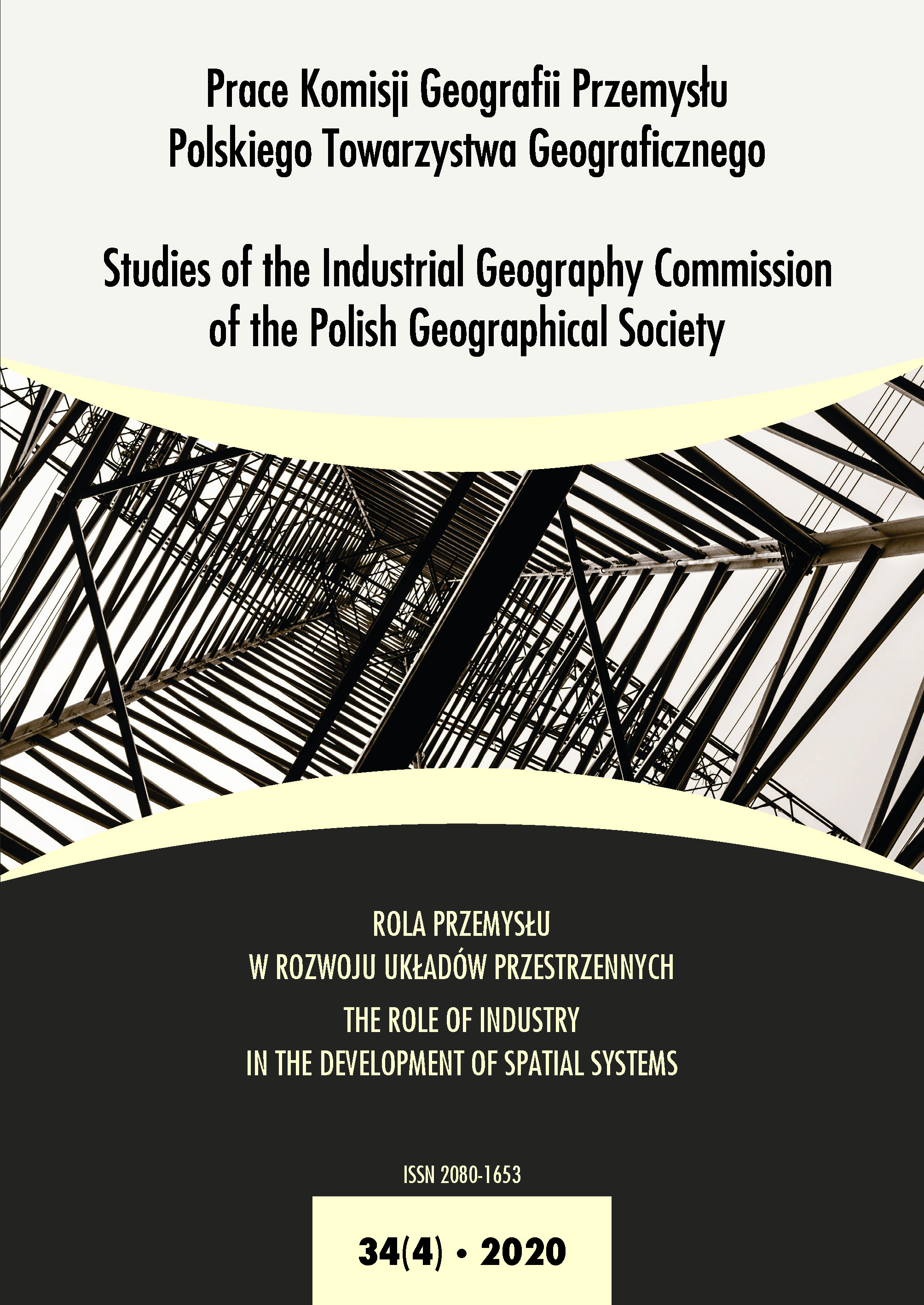
Studies of the Industrial Geography Commission of the Polish Geographical Society (40 p.)
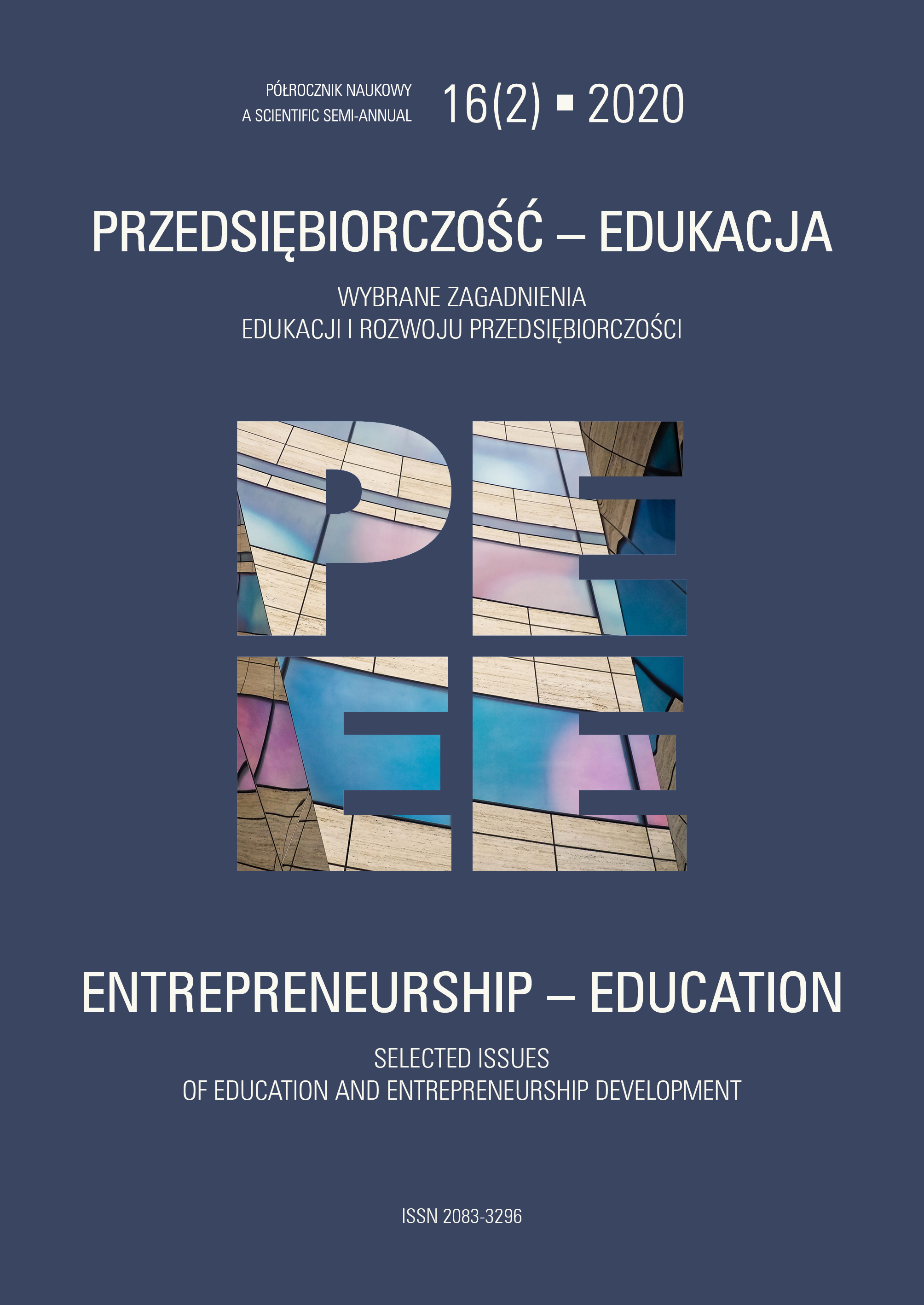
Entrepreneurship - Education (20 p.)
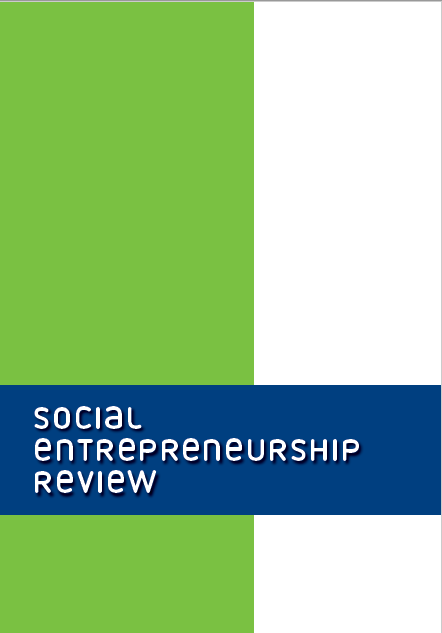
"Social Entrepreneurship Review" (former: Ekonomia Społeczna / Social Economy) (20 p.). It is required to translate the article into English and prepare the text in accordance with the editorial requirements of the journal .
Fee & payment details
Amount: 60 EUR or 270 PLN
When: October 31, 2021
Amount: 60 EUR or the equivalent in PLN according to the exchange rate on the day of payment
Account number in EUR PEKAO S.A. IBAN PL 78 1240 4722 1978 0000 4851 6422, Kod SWIFT: PKOPPLPW
Account number in PLN PEKAO S.A. 71 1240 4722 1111 0000 4852 4687
In the title of the bank transfer, please give your name and surname with the note: DK203
Persons who make the payment within the above deadline will be entitled to participate in the conference and receive a certificate.
Contact
Email: espoleczna@up.krakow.pl
PEDAGOGICAL UNIVERSITY OF CRACOW
INSTITUTE OF LAW AND ECONOMICS
ul. Podchorążych 2,
30-084 Cracow
Poland
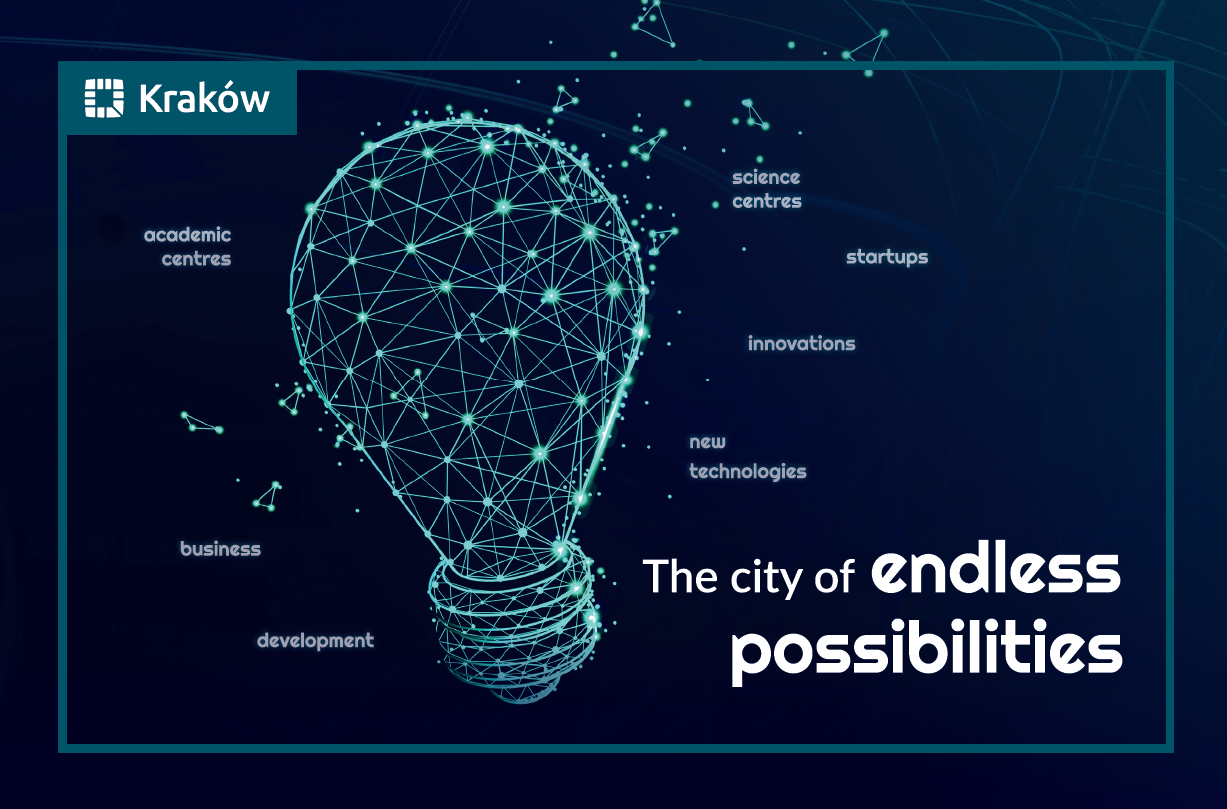
About Krakow - Conference venue
Due to its demographic, economic, social and scientific-cultural strength – ranks second in Poland among cities. It has unique values that are the basis of its economic development and an increase in the quality of life. It has high-quality human capital at its disposal. It is a city people consciously choose as a place to live, work, study, spend free time in a variety of ways. Sustainable development and the ability to meet specific challenges with the skillful use of own resources are the main priorities.
The academic center, with its 650 year old University , is permanently connected with the city and builds an unrepeated resource of knowledge in a unique way. It is the key to competitiveness and innovation not only of Krakow, but also of the entire region. The intensively developing economy based on knowledge is a completely new process in the economic life of the City, which makes it part of the modern economies of the world.
The overriding goal for Krakow is not only to be a modern city but also to be proud of its historical heritage. It aspires to be an open, rich, friendly and safe metropolis, vibrant with culture. Smart management and strengthening the sphere of modern services and the research and development sector are the foundations for the development of Krakow - a city where innovation and effective cooperation between science and business are the focus.
We invite you to visit our website and learn about the possibilities offered by magical Krakow - rooted in tradition, sensitive to everyday life and open to development: https://business.krakow.pl/.

Fot. Piotr Krochmal

Fot. Piotr Krochmal
Video about the city of Krakow
Brochure about the city of Krakow


Organizers

Partners

